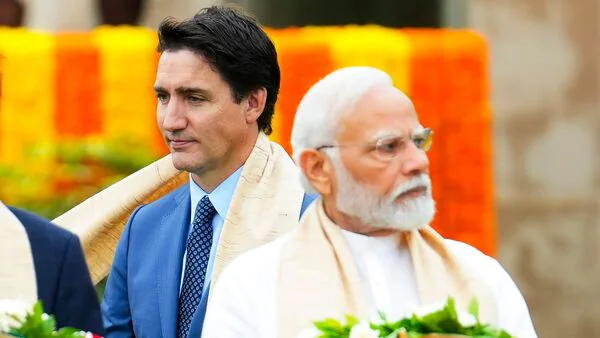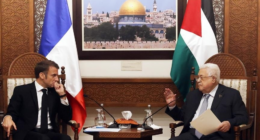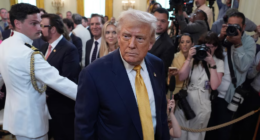In a significant escalation of tensions, Canada expelled six Indian diplomats, including the high commissioner, on Monday, citing their involvement in the murder of Sikh separatist leader Hardeep Singh Nijjar. Canadian Prime Minister Justin Trudeau alleged that Indian agents are targeting Indian dissidents on Canadian soil, raising concerns about public safety.
This diplomatic row follows Trudeau’s earlier claims that he possessed evidence linking Indian operatives to Nijjar’s assassination, which occurred last year. “We have clear and compelling evidence that agents of the government of India have engaged in activities that pose a significant threat to public safety,” Trudeau stated, highlighting a broader pattern of intimidation and violence aimed at the South Asian community in Canada.
India swiftly retaliated, ordering the expulsion of six high-ranking Canadian diplomats, including the acting high commissioner, and announcing the withdrawal of its envoy from Canada. India’s foreign ministry expressed a lack of confidence in the Canadian government’s ability to ensure the safety of its diplomats.
The Royal Canadian Mounted Police (RCMP) reported that India has been involved in a campaign against Indian dissidents in Canada, encompassing threats, extortion, and even homicides. Brigitte Gauvin, assistant commissioner of the RCMP, identified links between these activities and organized crime groups, notably mentioning the Bishnoi group, which is allegedly connected to the Indian government.
In response to the allegations, India’s National Investigation Agency (NIA) labeled Lawrence Bishnoi, leader of the criminal syndicate, as a terrorist and stated that investigations are ongoing. Bishnoi’s lawyer indicated that the matter would be investigated further, stressing the need for transparency.
Canada’s Foreign Minister, Melanie Joly, clarified that the decision to expel the Indian diplomats came after the RCMP gathered substantial evidence linking them to criminal activities. She emphasized that Canada is not seeking confrontation but will not tolerate foreign agents threatening the safety of its citizens.
The deteriorating relationship marks a significant rupture, with experts suggesting that a return to normalcy is unlikely in the near future. Fen Osler Hampson, a professor at Carleton University, noted that the situation has escalated from a rift to a major diplomatic crisis.
The U.S. recently alleged that Indian agents were involved in a foiled assassination plot against another Sikh leader in New York, further complicating diplomatic relations as the three countries seek to address concerns about regional security and counterbalance China’s influence.









